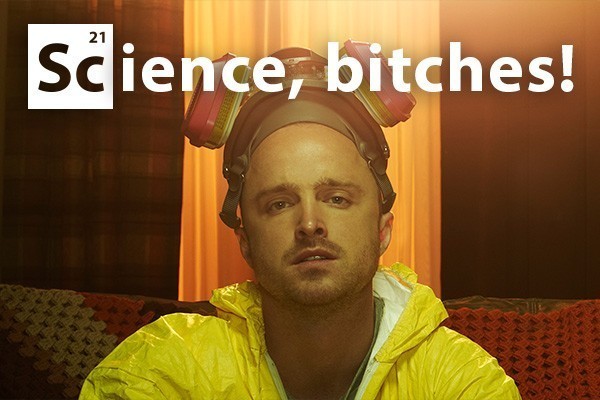With the advent of modern genetics, humans are slowly learning more and more about the hardwiring of our own brains. Each discovery tells us a little more about the way our genetics determine how our bodies will react to environmental stimuli. That is, how our genetics may pre-determine various aspects of our lives.
Scientists have even discovered a gene responsible for homosexuality. A team from the University of California believed to have discovered chemical modifications of DNA that may be connected to homosexuality in men. The claims remain contentious and have been hotly debated. Meanwhile, other breakthroughs in the field of genetics are much more set in stone.
Recent discoveries have shed light on the way genetics may influence the way human bodies react to smoking cannabis. A group of UK scientists have identified a gene which may reveal how likely cannabis users are to develop psychotic symptoms. The study identified that the gene ‘AKT1,’ which is been previously linked to psychotic symptoms such as paranoia and visual distortions, may indicate the person experiencing them is losing contact with reality. The study found that participants with a variation of the gene were more likely to experience psychotic symptoms during cannabis use.
While depression and anxiety are relatively common mental illnesses, psychosis is comparatively rare. It affects just 1 percent of cannabis users. Scientists have suspected a genetic pre-disposition to psychosis. In the past they have speculated that smoking cannabis may induce psychosis. Other findings have found that frequent and early use of cannabis is a component cause of psychosis.
These findings tells us that smoking weed won’t cause psychosis on it’s own, but interact with other risk factors such as family history of psychosis.The evidence suggests that if you were heading towards psychosis, cannabis can help to draw out symptoms earlier than they would normally appear by an average of 2.7 years.







